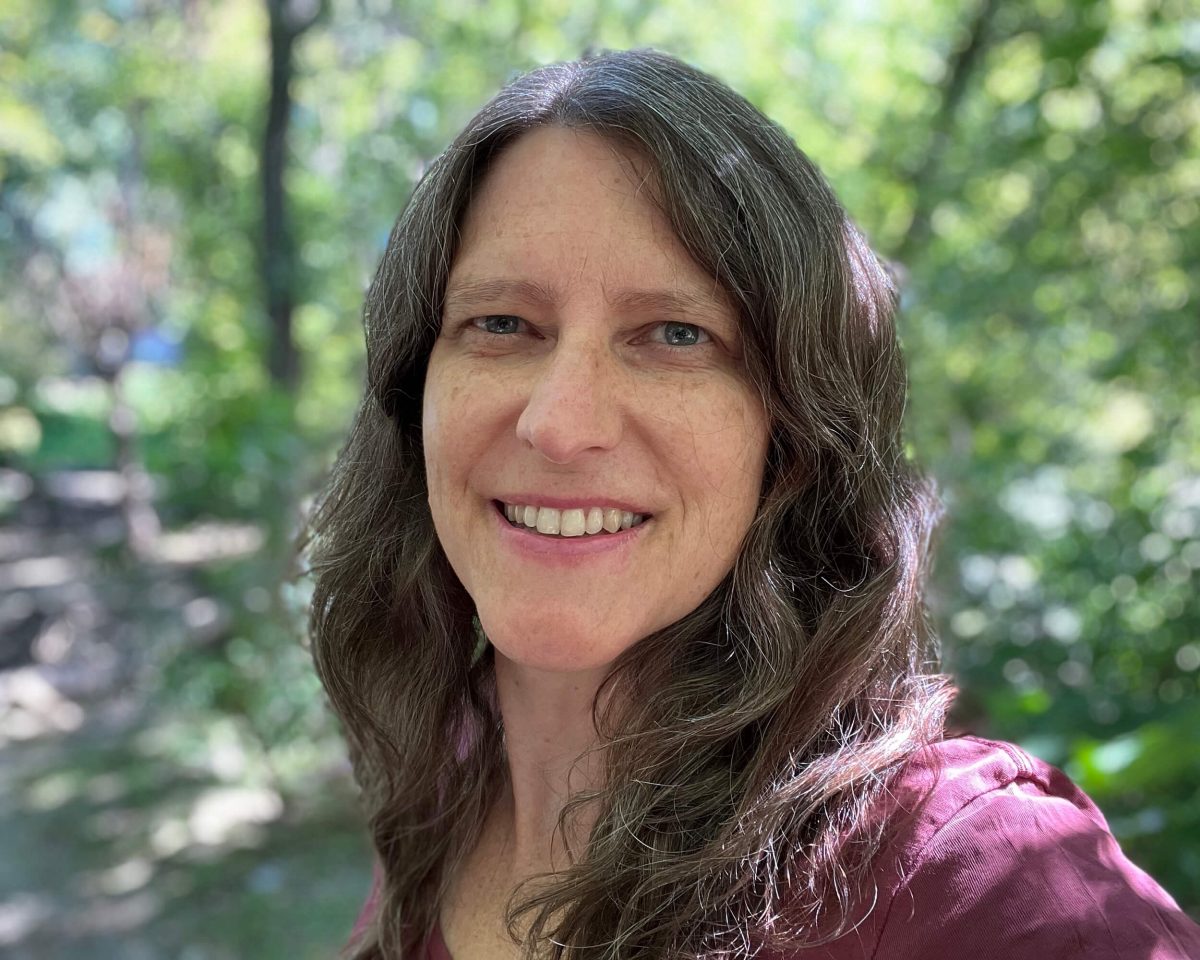
New soil science professor pursues sustainable phosphorus management
Joanne Thiessen Martens joined the Department of Soil Science as Assistant Professor in Soil Chemistry and Fertility on August 1, 2022. Joanne was one of the first students to graduate with a Bachelor of Science in Agroecology at the University of Manitoba, and just recently completed her PhD here. She is fascinated by interactions in the entire ecosystem, from soil microbes to the whole landscape.
Tell us about yourself
For my undergraduate degree, I was among the first group of students to complete the Agroecology program here in the Faculty of Agricultural and Food Sciences at the University of Manitoba. I worked as a research assistant in the Department of Plant Science for about a year before heading to Brazil for three years to work in rural development. When I came back to Canada, I returned to the Dept of Plant Science, working in research, extension, and teaching for several years before starting my PhD in the Dept of Soil Science in 2019. A week after finishing my PhD, I started my position as assistant professor!
Why did you get into this area of study?
Even though I grew up on a farm, I only became interested in studying agriculture when I discovered the field of agroecology as a young adult. I was excited to find a discipline where the concepts of ecology are applied in such a practical way. I’ve gradually come to focus on the interactions between plants and soil, especially in the novel approaches some farmers are using, such as integrating livestock with crops or producing organic crops. But I’m still fascinated by the interactions with all the other parts of the system, from the soil microbes to the whole landscape, including the human element.
What are you seeking to explore with your research?
I will be exploring nutrient flows in agroecosystems, focusing particularly on sustainable phosphorus management. Phosphorus is a non-renewable resource that is essential for plants, animals, and humans, but can also cause degradation of water bodies, like we see with algal blooms in Lake Winnipeg, so it’s important to find ways to supply enough phosphorus to crops without letting it escape into our waterways. I’m also interested in finding ways to improve soil fertility management in alternative agricultural systems, such as organic production, cover cropping systems, and even agroforestry.
Will you be teaching?
Starting next year, I’ll be teaching soil courses in the Agriculture Diploma program. I also plan to teach a course on soil phosphorus at the graduate level. I’ve always liked finding ways to help others learn new concepts and develop their own ideas, so I’m looking forward to having more opportunities to interact with students of various levels.
And what do you like to do in your spare time?
I like hiking and gardening, and generally spending time outdoors when the weather is reasonable. I also enjoy reading, playing music, and doing jigsaw puzzles.






